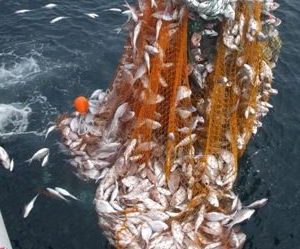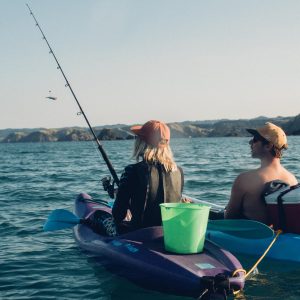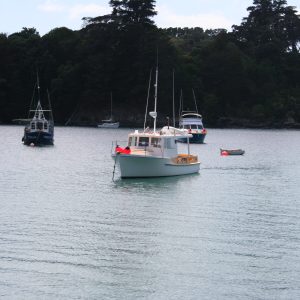Before we embark on a high value project to determine the significance of recreational fishing in New Zealand it’s important to do our homework. Similar overseas research by Southwick Associates has produced some positive outcomes for recreational fishing interests and their national economies.
Southwick Associates has over 25 years international experience in examining the value of fishing in a variety of countries that previously did not recognise recreational fishing as a valuable industry. Southwick has been appointed to lead the New Zealand research project because of their past performance, particularly in Costa Rica, Panama and Mexico.
During their research they developed a robust model that delivered a surprising, but realistic, estimate of the value generated from recreational fishing by retailers, suppliers, boat builders, charter operators, accommodation, transport and tourism.
Having Southwick based in Florida is not an issue given the efficiencies of today’s electronic communications. However, two local research providers, Blue Water Marine Research and Moana Consultants, have been retained to ensure a “New Zealand” focus.
Research on New Zealand’s recreational fishing economy is already underway and results will be publicly available by the end of 2015.
Overseas studies
Prior to the 2009 research fisheries in Costa Rica were only managed for commercial harvest. Recreational fishing was not formally recognised as an industry. The Southwick study confirmed that sportfishing contributes more to the economy than commercial fishing. Sportfishing contributes approximately US$599 million and 63,000 jobs per annum. Since the study a National Sportfishing Commission has been established to advise and monitor all issues related to sportfishing.
In Panama there was no official recognition of sportfishing prior to the 2011 research. Government agencies were only managing for commercial impacts on fisheries. The Southwick project found tourism contributes approximately US$48.4 million to the GDP and there are over 9,500 jobs related to sportfishing. There is now political recognition of the importance of sportfishing to the economy.
Planned marine closures to sportfishing have been abandoned. Mexico’s Cabo San Lucas region is often referred to as the “marlin capital of the world”. Despite this reputation and the flocks of fishing tourists the 50-mile conservation zone protecting fisheries from commercial exploitation were under threat from commercial and government interests. Recreational interests invited Southwick to examine the impact of sportfishing to the local and national economy.
Since the 2008 Southwick research a Federal Bill to reopen the conservation zone to commercial fishing has been dismissed. More recognition is now given to low impact and sustainable sportfishing tourism.
Closer to home, Australia has just released results of a study showing that recreational fishing contributes AUS$3.4 billion just to the New South Wales economy and generates over 14,000 jobs.
Australian politicians are now scrambling to maximise their voter appeal by announcing a range of projects to support recreational fishing. One proposal is to spend $35 million in New South Wales to phase out commercial netting, increase fish stocks, improve fishing, boating and club facilities, and increase the numbers of recreational fishers by 25%, to one million by 2020.
An estimated 20% of the population fish recreationally, in Australia and New Zealand. Recreational fishing in this part of the world is clearly more than just a pastime.
To ensure a viable future for our fishing and marine fisheries we need decisions made in favour of restored abundance. Those decisions will only be forthcoming if we provide the evidence that supports a thriving national and regional economy.
LegaSea congratulates the New Zealand Marine Research Foundation for having the fortitude to put their reputation on the line in search of robust data supporting recreational fishing. Now it’s up to us as individuals, parents and grandparents to support the fundraising effort to make sure this project is a success.
www.whatsfishingworth.co.nz





